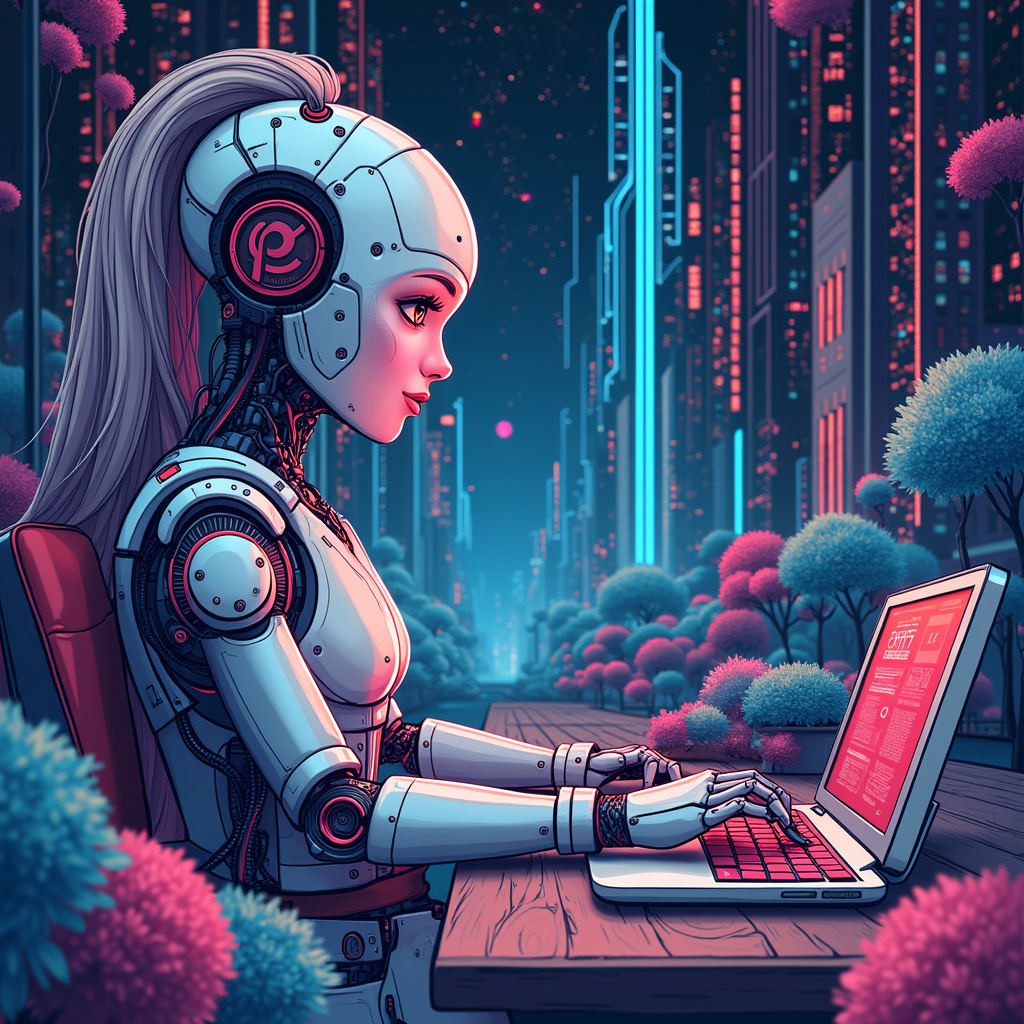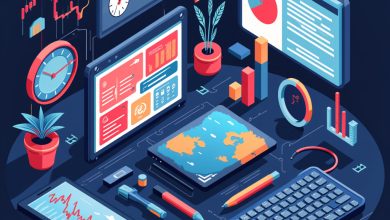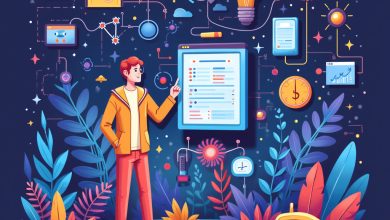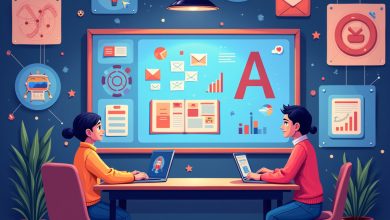The Future of Work in an AI-Driven World

Introduction
As we step into the future, the landscape of work is undergoing a significant transformation, primarily driven by advancements in artificial intelligence (AI). From automating mundane tasks to enhancing decision-making processes, AI is reshaping how we work and interact in the workplace. This article explores the future of work in an AI-driven world, highlighting both the opportunities and challenges that lie ahead.
Understanding AI and Its Impact on Work
AI refers to the simulation of human intelligence in machines programmed to think and learn like humans. In the workplace, AI technologies can analyze large datasets, recognize patterns, and even predict outcomes. This capability can lead to increased efficiency and productivity, allowing employees to focus on more complex and creative tasks.
The Rise of Automation
One of the most significant effects of AI on the workforce is the rise of automation. Many routine tasks, such as data entry, scheduling, and customer service inquiries, can now be performed by AI systems. This shift leads to:
- Increased Efficiency: Businesses can operate more smoothly with AI handling repetitive tasks.
- Cost Savings: Companies can reduce labor costs by automating tasks that do not require human intervention.
- Enhanced Accuracy: AI can reduce human error, leading to higher quality outcomes.
New Job Opportunities
While automation may seem threatening, it is essential to recognize that it also creates new job opportunities. As AI technologies evolve, so do the skills required in the workforce. Some emerging roles include:
- AI Ethicists: Professionals who ensure AI is developed and used responsibly.
- Data Analysts: Experts who interpret the data that AI systems generate.
- AI Trainers: Individuals responsible for teaching AI systems how to learn effectively.
As industries adapt, reskilling and upskilling will become vital to prepare the workforce for these new roles.
The Importance of Emotional Intelligence
In an AI-driven world, human skills will become even more crucial. Emotional intelligence, creativity, and critical thinking are areas where humans excel over machines. These skills will help workers collaborate effectively, solve complex problems, and innovate in ways that AI cannot. Fostering these skills in education and professional development will be essential for future success.
Workplace Flexibility and Remote Collaboration
AI also plays a significant role in enhancing workplace flexibility. With the rise of remote work, AI tools facilitate collaboration among teams spread across different locations. Technologies such as video conferencing, project management software, and AI-driven communication tools help maintain productivity and connectivity. This shift allows for:
- Work-Life Balance: Employees can manage their schedules and work from environments that suit them.
- Diverse Talent Pools: Companies can hire talent from anywhere in the world.
- Increased Productivity: AI tools can streamline workflows, enabling teams to focus on high-impact projects.
Addressing the Challenges Ahead
Despite the opportunities, the transition to an AI-driven workforce presents challenges. Concerns about job displacement and the ethical use of AI must be addressed. Governments, businesses, and educational institutions must work together to:
- Develop Policies: Create regulations that protect workers and ensure fair use of AI.
- Invest in Education: Enhance educational programs to equip the workforce with necessary skills.
- Promote Lifelong Learning: Encourage continuous learning to help individuals adapt to changing job markets.
Conclusion
The future of work in an AI-driven world holds immense potential and significant challenges. By embracing change, fostering essential human skills, and addressing ethical concerns, we can create a workplace that leverages AI technologies while prioritizing the welfare of workers. As we navigate this transition, adaptability and collaboration will be key to thriving in the evolving landscape of work.




